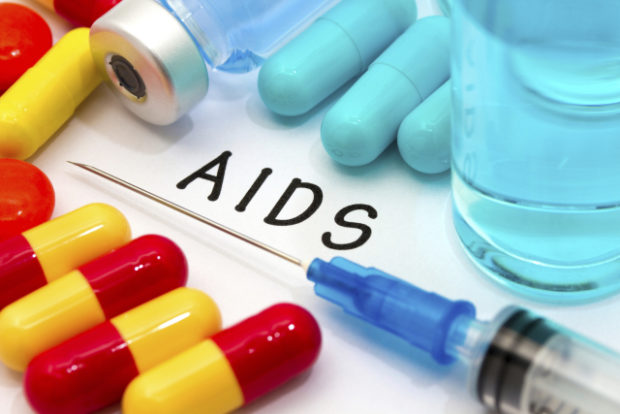
Image: Istock.com/GreenApple78 via AFP Relaxnews
South Africa on Wednesday said it was introducing an affordable, cutting-edge drug to fight HIV in the country with the largest number of people living with the AIDS-causing virus.
Hailing the new anti-retroviral drug as “the fastest way to reduce HIV viral load,” the health department said it will start rolling out the advanced pill known as TLD on Dec. 1, International World AIDS day.
Health Minister Zweli Mkhize unveiled the pioneering drug at a ceremony in southwestern KwaZulu-Natal, the province with the country’s highest prevalence rates, where more than a quarter of the population is infected.
The new three-in-one pill, developed with the financial backing of global health development organisation Unitaid, bands together the drugs tenofovir disoproxil fumarate, lamivudine and dolutegravir.
Dolutegravir is the preferred first-line and second-line treatment recommended by the World Health Organisation (WHO), and is already the drug of choice in high-income countries.
Unitaid’s director of operations Robert Matiru said the new TLD drug “is highly effective and has much more rapid viral suppression” than the current treatment regime.
“It has fewer side effects in general and is much more resilient… and also is even cheaper,” he told Agence France-Presse.
The fixed dose, one pill combination is hoped to make it easier and more affordable for those suffering with the virus to begin — and stay on — treatment.
Unitaid said the price would start at $75 (around P3,800) per person per year and could drop lower, creating savings that could allow up to five million more people to receive treatment.
South Africa accounts for more than 10% of all HIV-related deaths and 15% of new infections, according to Unitaid.
The country has the world’s largest HIV treatment programme, delivering anti-retroviral treatment to some 4.8 million people. But at least 7.7 million South Africans are living with HIV, with the highest prevalence among adults aged 15 to 49 years. RGA
RELATED STORIES:
134 people got HIV in July thru transactional sex
Some 20% of new HIV cases found to have AIDS